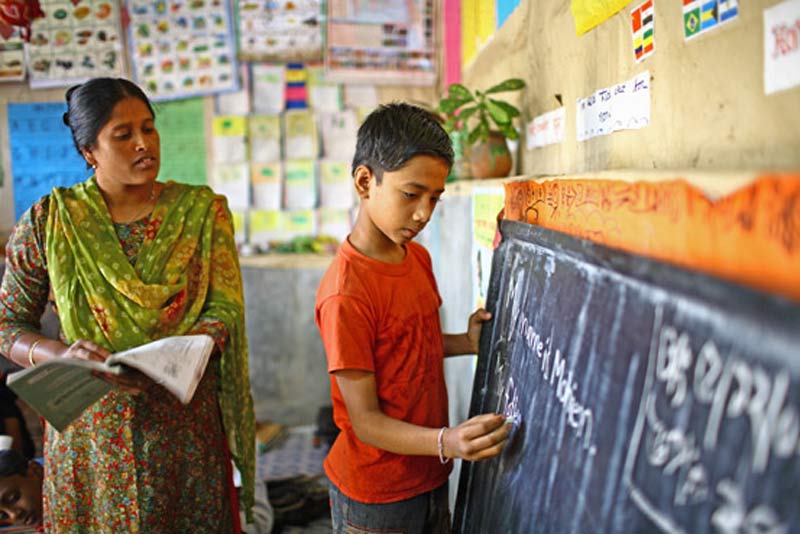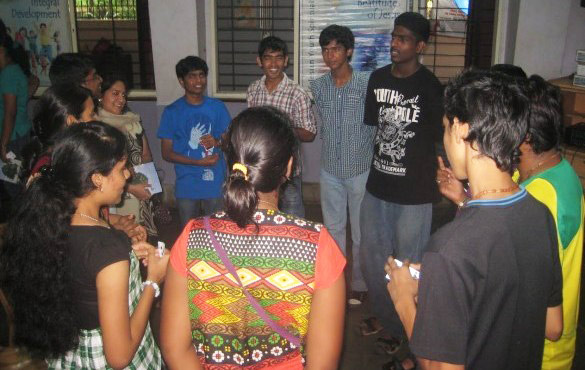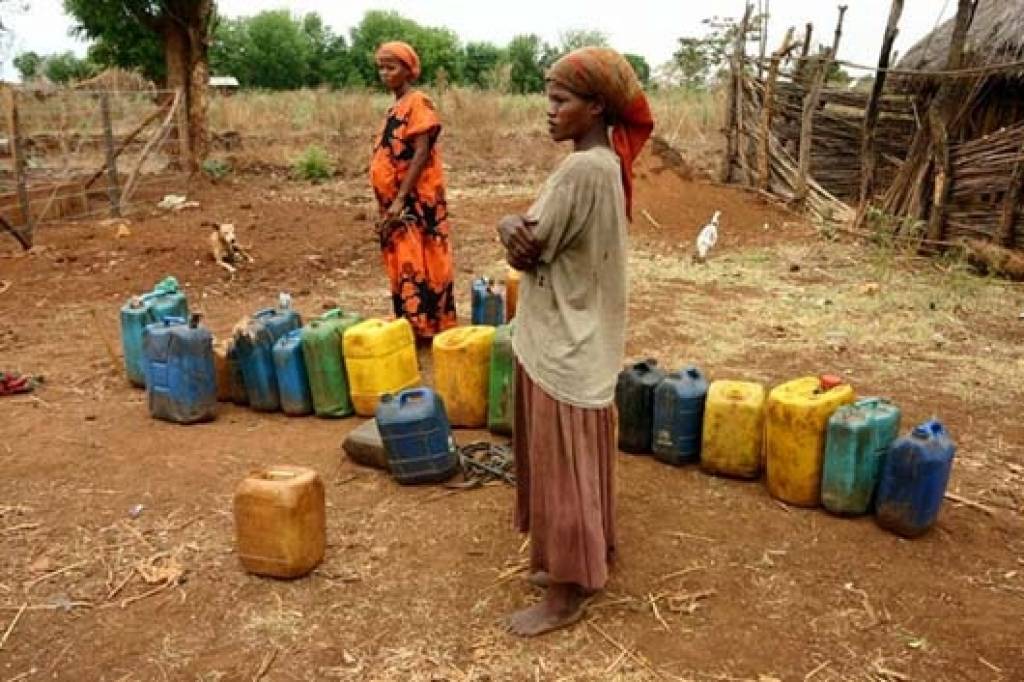WORLD TEACHERS’ DAY: UN says more teachers – better trained and supported – needed to reach education targets

(United Nations) There is a huge need for well-trained and well-supported teachers, United Nations officials today warned, marking World Teachers’ Day with a call for the recruitment of millions of professionals, particularly in African and Arab States worst hit by the teacher shortage.
Some 5.2 million teachers need to be hired worldwide to reach the Millennium Development Goal (MDG) of achieving universal primary education by 2015, the UN Educational, Scientific and Cultural Organization (UNESCO) reported today, in a study to coincide with the Day. That figure includes 1.58 million new recruits and 3.66 million to replace those leaving the profession.
“The challenge goes beyond numbers – more teachers must mean better quality learning, through appropriate training and support,” the heads of four major UN agencies and a partner organization said in a joint message for World Teachers’ Day.
“Far too often, teachers remain under-qualified and poorly paid, with low status, and excluded from education policy matters and decisions that concern and affect them,” the officials added, calling for effective international action in support of national efforts to bolster teachers and education institutions, and improve education opportunities.
The joint message was issued by UNESCO Director-General Irina Bokova; UN International Labour Organization (ILO) Director-General, Guy Ryder; UN Development Programme (UNDP) Administrator, Helen Clark; UN Children’s Fund (UNICEF) Executive Director, Anthony Lake; and Fred van Leeuwen, the General Secretary of Education International (EI), which represents teachers’ organizations across the globe.
Fifty-seven million children of primary school age are absent from classrooms, according to UN figures. At the current rate, nearly half of those children will never enrol in school, and more than a quarter will start school late.
Many of those children who do enter school are failing to learn to read and write by the time they reach fourth grade, the officials noted.
“Learning is not possible without professional, well trained, well supported, accountable and valued teachers,” they stressed highlighting this year’s theme of World Teachers’ Day, “A call for teachers.”
According to the UNESCO study, about 58 per cent of countries currently do not have enough teachers in classrooms to achieve universal primary education, with the problems particularly bad in Sub-Saharan Africa and Arab States where by 2030, some 4.7 million teachers and 1.9 million, respectively.
This recruitment challenge was the focus of two parallel events held at UN offices the eve of World Teachers’ Day, one in Paris and another in New York, which brought together representatives of the UN, professional organizations, experts and researchers to launch a ‘Global Year of Action’ for quality education.
Addressing participants at the event hosted by UNICEF in New York and organized by EI, UN Special Envoy for Global Education, Gordon Brown, cautioned that “unless we are able to hire more teachers, we will have generations of people who are unemployed and unemployable.”
As the UN Special Envoy, Mr. Brown has been working with partners to galvanize support for the Global Education First Initiative, which Secretary-General Ban Ki-moon launched last September, with the aim of putting every child in school, improving the quality of learning, and fostering global citizenship. The Initiative is hosted by UNESCO.
Mr. Brown said that two big changes happened in the past one to two years which make it imperative that the international community works collectively to focus on education – countries are realizing that they will not be successful unless they invest in education, and young boys and girls are standing up to demand education.
“Education is not only the way to unlock individual opportunity. It is not only the only way to break the cycle of poverty. But it is also the way that individual nations can become prosperous,” Mr. Brown said, calling for mobilization of the private sector, faith groups, civil society, young people and others to pressure domestic governments into further prioritizing education.
Participants also heard from Vibeke Jensen, Director of the Global Education First Initiative, who spoke on behalf of UNESCO, and stressed the importance of education in the post-2015 development agenda which was the focus of the high-level General Assembly debate which wrapped up earlier this week.
The Special Rapporteur on the right to education, Kishore Singh, is due to brief the UN General Assembly on education and the post-2015 agenda “soon”, he said in his remarks in New York.
In his speech, Mr. Singh stressed the importance of education for global citizenship. He noted that it is “the fundamental right of every boy and girl as an entitlement.”
Other speakers included Susan Hopgood, President of EI, who held a Maori tokotoko stick while addressing the audience to stress that she was speaking on behalf of a collective strength of 30 million educators.
She noted that quality education is based on quality teaching, quality tools for teaching and learning, and quality teaching and learning environments. With that aim, technology is not a threat to future education, but a means by which teaching can be improved, she said.
EI had announced last week an agreement with UN and other partners, to use technology to aid student curricula and teacher training. The announcement was made in a meeting with Mr. Ban and Mr. Brown on the sidelines of the General Assembly high-level debate.
Participants also heard from Josephine Bourne, Associate Director for Education at UNICEF, who shared the UN agency’s support for the new agreement on technology.
Earlier that day, Ms. Bokova and Mr. van Leeuwen had hosted a parallel event at the UNESCO Headquarters in Paris. UNESCO Goodwill Ambassador, Princess Firyal of Jordan, and Assistant Director-General for Education, Qian Tang, were among the participants.
World Teachers’ Day, held annually since 1994, commemorates the anniversary of the signing in 1966 of the UNESCO-ILO Recommendation Concerning the Status of Teachers, which essentially serves as a charter of rights for teachers. The Day also celebrates the essential role of teachers in providing quality education at all levels.
###
PHOTO: A teacher and student at a school in India. UNESCO/GMR Akash



